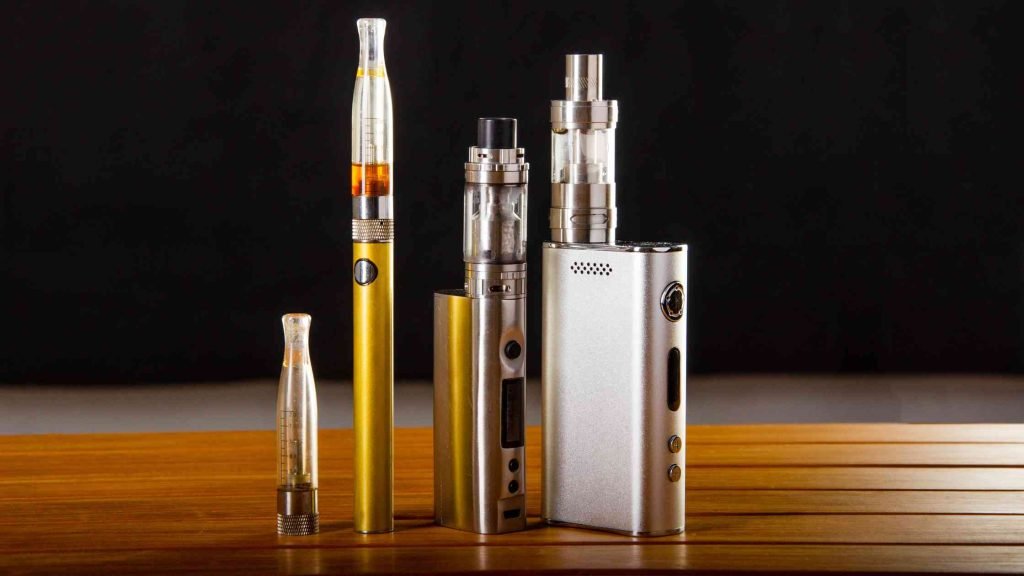Mental Health Awareness Initiatives

Mental health is no longer a subject relegated to whispers or avoidance. As society grapples with the increasing pressures of modern life, mental health awareness has surged to the forefront of public discourse. This shift underscores not just the critical importance of psychological well-being but also its connection to daily lifestyle trends. From the foods we consume to the communities we engage with, every facet of our lives intertwines with our mental health.
In recent years, lifestyle products like raz vape 25000 have emerged as conversation starters about relaxation and mindfulness. These products, though seemingly unrelated, often align with self-care routines, bringing mental health awareness into everyday practices.
Understanding Mental Health Awareness
Mental health awareness is about understanding, acknowledging, and addressing the spectrum of mental well-being. It encompasses recognizing early signs of conditions like anxiety or depression, dismantling societal taboos, and fostering open discussions. Historically, mental health has carried a significant stigma, often viewed through a lens of ignorance or fear. Breaking this stigma is imperative, as it not only normalizes the conversation but also encourages those struggling to seek help without hesitation.
The Role of Community in Mental Health Awareness
Communities play a pivotal role in championing mental health initiatives. Grassroots movements often ignite the spark for change, mobilizing individuals toward collective well-being. For instance, local support groups, workshops, and campaigns have shown tangible success in addressing specific mental health issues within communities.
A compelling example is the “Circle of Support” initiative in urban neighborhoods, where volunteers create safe spaces for dialogue. These efforts demonstrate the transformative power of shared experiences and mutual understanding.
Technology and Mental Health Awareness
In today’s digital age, technology has become an indispensable ally in promoting mental health awareness. Apps designed for mindfulness, therapy, and mental tracking offer accessible solutions for those hesitant to seek traditional help. Platforms like Calm and Headspace exemplify how technology can foster emotional resilience.
However, social media presents a paradox. While it amplifies mental health campaigns, it can also perpetuate harmful stereotypes or trigger anxieties. Balancing its benefits and drawbacks is essential to harness its full potential.
Corporate Responsibility in Mental Health
Workplaces, often the epicenter of stress, have a unique role in promoting mental health. Forward-thinking corporations now embed mental health support into their organizational culture. Initiatives such as employee assistance programs, mental health days, and mindfulness workshops signify this shift.
Global corporations like Microsoft and Unilever have introduced robust mental health strategies, setting benchmarks for others. These programs not only enhance employee well-being but also boost productivity and morale, creating a win-win situation.
Educational Institutions and Mental Health Awareness
Schools and colleges act as the crucible for shaping future generations, making them critical platforms for mental health interventions. Awareness programs targeting youth aim to educate students about recognizing and managing mental health challenges early.
For example, introducing curriculum-based mental health education or offering on-campus counseling services can help destigmatize the topic among young people. By normalizing these conversations, educational institutions can nurture emotionally resilient individuals.
Innovative Campaigns Promoting Mental Health Awareness
Worldwide, campaigns continue to redefine mental health advocacy. Initiatives like World Mental Health Day or the Bell Let’s Talk campaign have sparked global conversations. These efforts rely on creative storytelling, impactful visuals, and personal anecdotes to resonate with audiences.
Public figures and influencers also amplify these campaigns. Their advocacy often lends authenticity and relatability, encouraging people to join the cause.
Challenges and Future Directions
Despite significant progress, barriers remain. Limited access to resources, cultural stigmas, and misinformation still hinder mental health initiatives. Bridging these gaps requires multi-pronged strategies, including government funding, community involvement, and technological innovation.
Future strategies should prioritize inclusivity, ensuring that mental health resources are accessible to all demographics. Additionally, leveraging partnerships with industries—whether through collaborations with lifestyle brands like raz vape 25000 or tech innovators—can help integrate mental health awareness into everyday life.
Conclusion
Mental health awareness initiatives are a testament to humanity’s collective progress. As society becomes more attuned to the nuances of mental well-being, the responsibility to nurture this awareness grows. Whether through community efforts, technological advancements, or corporate responsibility, the journey toward widespread mental health awareness is one of hope, collaboration, and perseverance.




